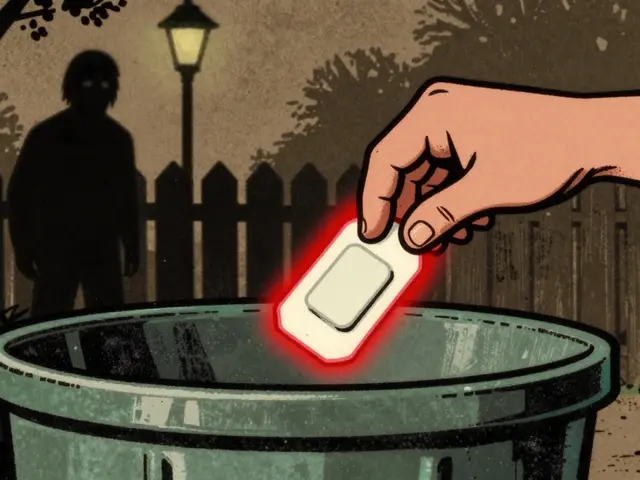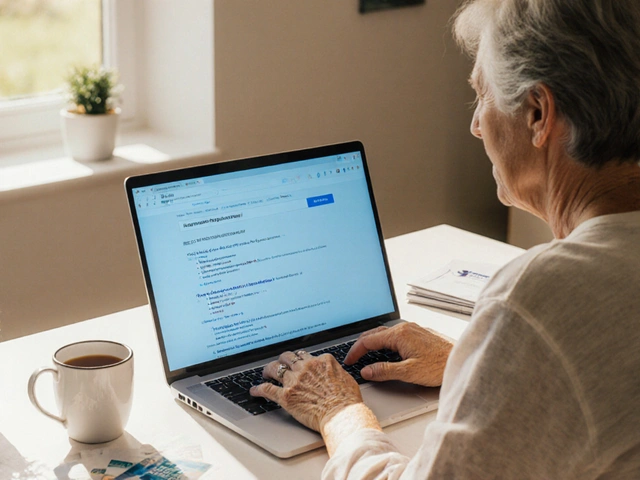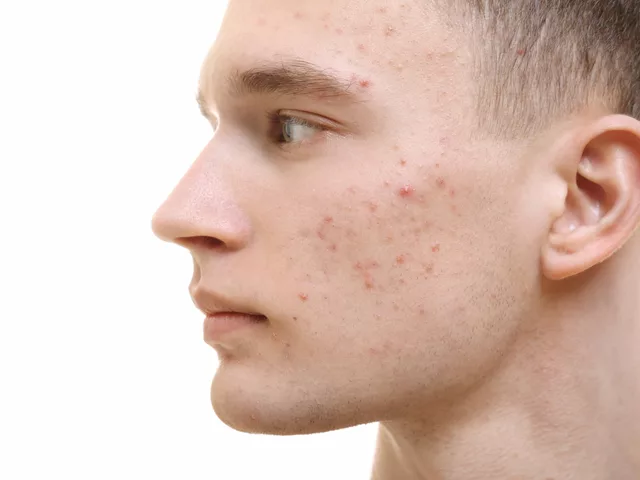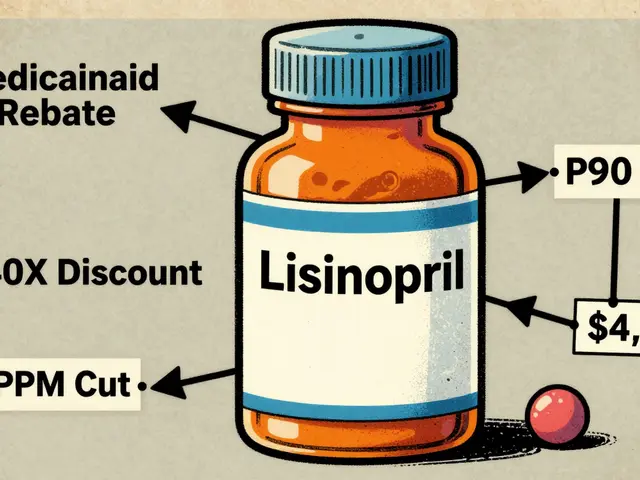Better rest: Simple, practical ways to sleep better tonight
Can’t fall asleep or keep waking up? Small changes often make the biggest difference. This guide gives clear, usable steps you can try tonight—no fancy gear, just habits that actually help.
Simple habits that work
Pick a consistent wake-up time and stick to it every day, even on weekends. Your body’s clock cares more about wake time than bedtime. Aim for 7–9 hours in total, but focus first on a steady wake-up schedule.
Cut caffeine after mid-afternoon. That includes tea, soda, and some pain meds with caffeine. If you still feel wired before bed, swap to water or a decaf herbal tea.
Wind down for at least 30–60 minutes before bed. Do low-stimulation activities: read a paper book, stretch lightly, or take a warm shower. Avoid scrolling social apps—the blue light and social feed both keep your brain awake.
Make your bedroom a sleep zone only. Keep it for sleep and sex—no work, no long phone scrolling, no TV marathons. When your brain associates the bed with rest, falling asleep becomes easier.
Temperatures matter. Set your bedroom between 60–67°F (15–19°C) if you can. Cooler rooms help your body drop its core temperature, which signals sleep time.
Keep lights low in the hour before bed. Dim lamps or use a small bedside light. Bright light tells your brain it’s time to be alert; dim light tells it to make melatonin.
Quick techniques to fall asleep faster
Try the 4-7-8 breathing or a simple box-breath: inhale 4 seconds, hold 4, exhale 4. Slow breathing calms the nervous system and reduces racing thoughts.
Progressive muscle relaxation is fast and effective. Tense a muscle group for 3–5 seconds, then release. Move from your toes up to your face. The body drops tension and the mind follows.
If you can’t sleep after 20 minutes, get up. Move to another room, do something boring and quiet under low light, then return when you feel sleepy. Lying awake and stressing about sleep makes it worse.
Limit naps to 20–30 minutes and not late in the day. Short naps can refresh you; long or late naps can ruin nighttime sleep.
Watch alcohol. It may make you fall asleep faster, but it fragments sleep later in the night. If you drink, keep it early and moderate.
If basic changes don’t help after a few weeks, talk to a clinician. They can check for sleep apnea, restless legs, anxiety, or medication side effects. For short-term sleeplessness, melatonin or other options might help—but only after a doctor’s advice.
Try one or two changes at a time and give each at least a week. Better rest usually comes from repeating small wins, not big overnight fixes. Pick a habit, try it tonight, and notice the difference in a few days.
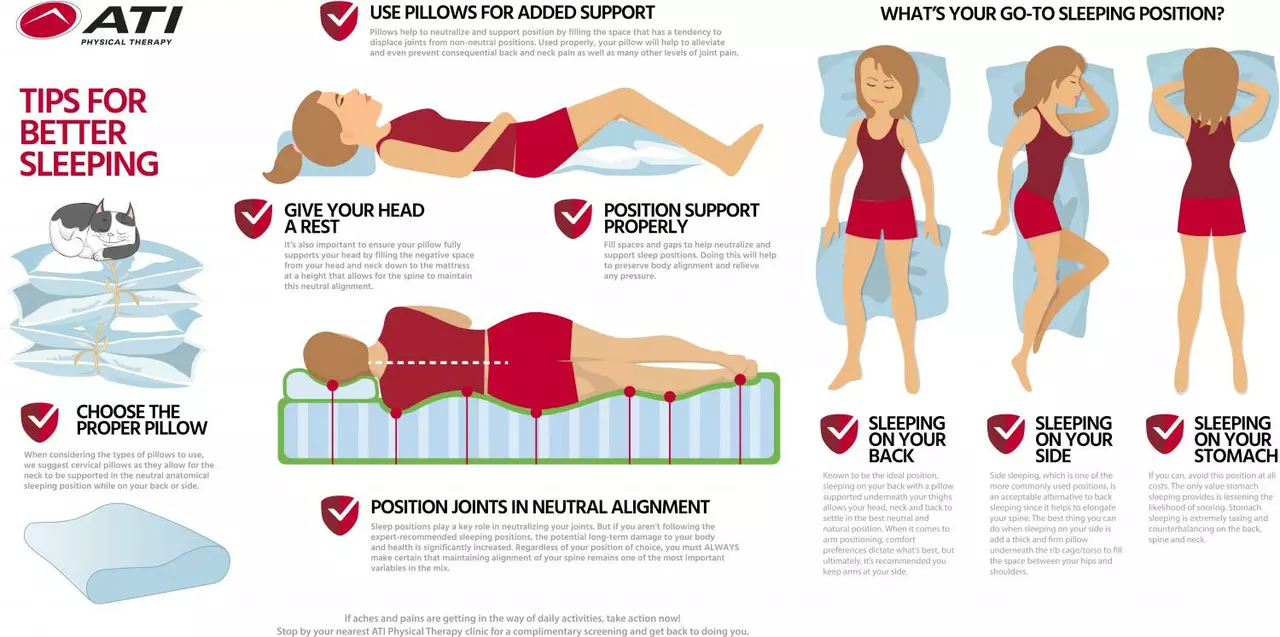
As someone who struggles with ADHD, I understand how difficult it can be to get a good night's sleep. To help combat this issue, I've recently looked into some tips for a better night's rest. I learned that creating a consistent bedtime routine, minimizing distractions in the bedroom, and incorporating relaxation techniques can make a huge difference. Additionally, regular exercise and limiting caffeine intake can also contribute to a more restful sleep. I'm excited to try these tips and hope they can help others with ADHD as well.
Continue Reading

